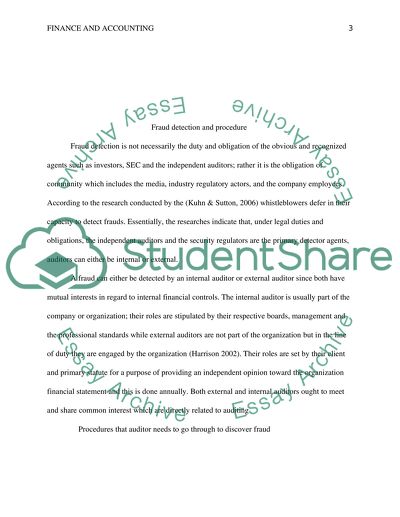Cite this document
(“Fraud And Capital Market Research Paper Example | Topics and Well Written Essays - 2500 words”, n.d.)
Retrieved de https://studentshare.org/finance-accounting/1392437-fraud-and-capital-market
Retrieved de https://studentshare.org/finance-accounting/1392437-fraud-and-capital-market
(Fraud And Capital Market Research Paper Example | Topics and Well Written Essays - 2500 Words)
https://studentshare.org/finance-accounting/1392437-fraud-and-capital-market.
https://studentshare.org/finance-accounting/1392437-fraud-and-capital-market.
“Fraud And Capital Market Research Paper Example | Topics and Well Written Essays - 2500 Words”, n.d. https://studentshare.org/finance-accounting/1392437-fraud-and-capital-market.


